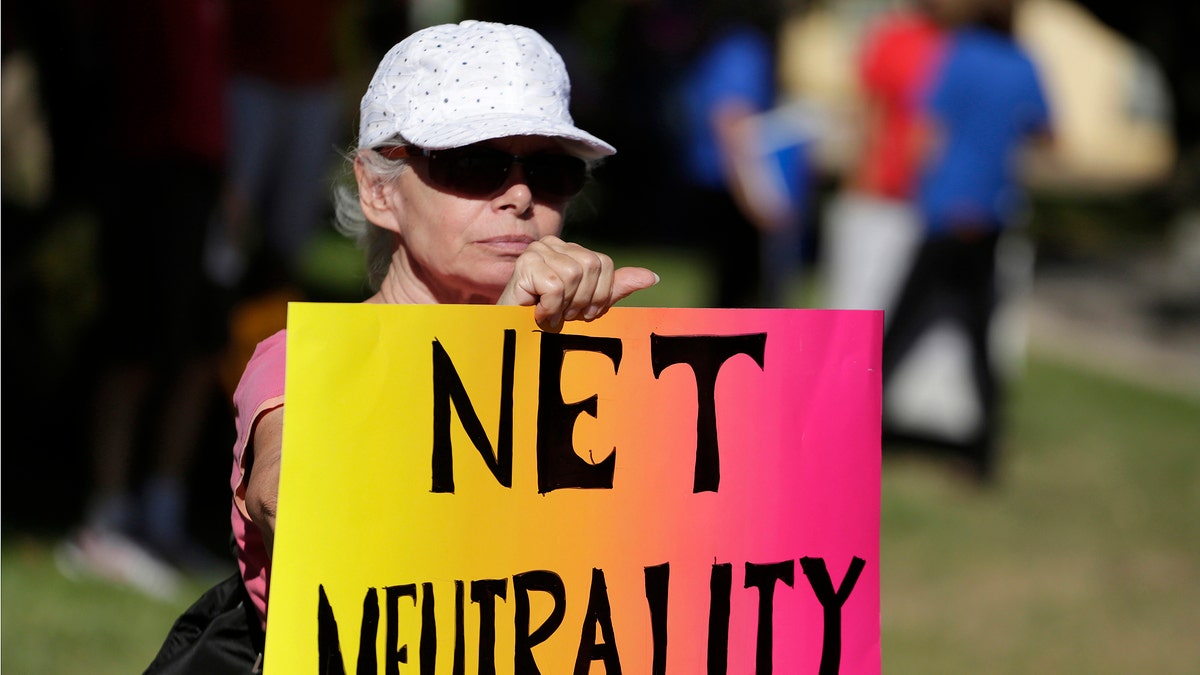
File photo. (REUTERS/Jonathan Alcorn)
Net neutrality could be on the chopping block. The principle that any internet service provider must permit access to any content regardless of source, net neutrality may be threatened by president-elect Donald Trump's new administration. Before the election, Trump called net neutrality a "top-down power grab," using it as a prime example when he promised to "reform the entire regulatory code" in order to "eliminate our most intrusive regulations." No one really knows if those words were just campaign talk or if as President Trump will push to dismantle the policy, according to The Washington Post, but the signs point to net neutrality coming to an end.
Odds are that Trump, along with an as-yet-unnamed new FCC head, to replace Tom Wheeler (pictured above) and an approving Republican-controlled Congress, will make net neutrality an early target. The current net neutrality regulations may be altered or reversed or the incoming administration may find ways to work around them. In the minds of some who object to unfettered internet service, net neutrality needs to go solely because any and all federal regulations, especially newer ones, are bad for a free market, constitute overreaching, and are unnecessarily complex. Most arguments against the open internet that net neutrality ensures are based on financial, political, or philosophical objections.
More: FCC Net neutrality timeline: Read all the new rules in full detail
Without net neutrality, internet service providers (ISPs) could freely control the amount of bandwidth allotted to content providers. Rather than allow consumers free and equal access to all websites, with controlled access Time Warner Cable, Comcast, AT&T, and other ISPs could vary the download speed of specific websites, demand payment from high traffic, high-bandwidth content sites -- Hello, Netflix, and free porn, for example -- and even block sites. Net neutrality prohibits those restrictive practices.
More From Digital Trends
The FCC's concern was that network operators would have unfair control of content sites and, by extension, control over what sites consumers could and could not access. Many areas of the country are able to access the internet through only one or two providers, giving those ISPs a monopoly or duopoly over what has become the lifeblood communications medium. The FCC and net neutrality proponents viewed the regulations as anti-competitive. When the FCC passed the net neutrality regulations along with the consumer privacy rules they encompass, there was strong opposition from Republicans.
After last week's elections, Republicans will control both houses of Congress and will be able to send laws to and receive policy from a Republican White House. Donald Trump is likely to appoint an FCC head with similar negative net neutrality views. Conservatives in Congress are expected to leap at the first chance to get rid of net neutrality. The Washington Post quoted Senator Ted Cruz referring to net neutrality as "Obamacare for the Internet."








































